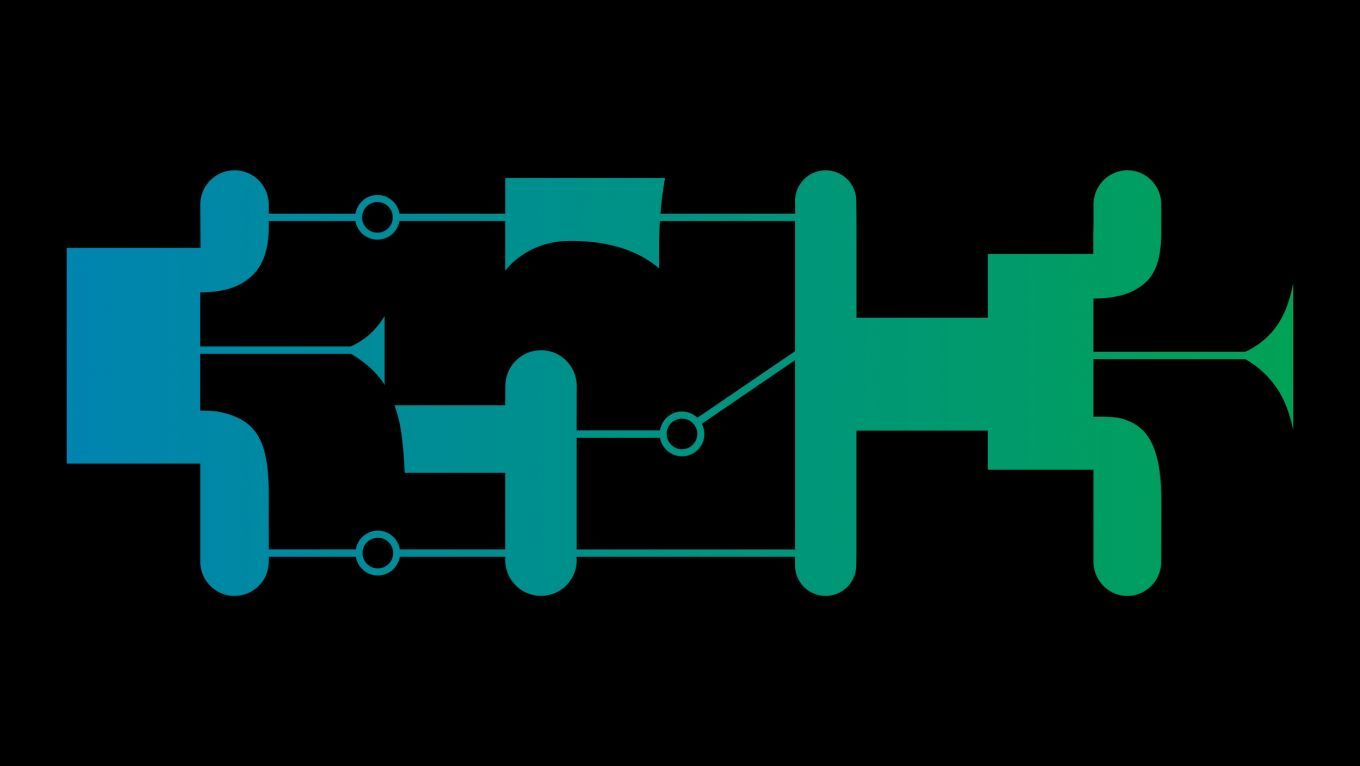Security
A deep dive into the world of DOS viruses
Explaining in detail just how those little COM files infected and played with us back in the day
It is now 27 years since MS-DOS 5.0 was released. During its day there was the threat of viruses breaking your system or making it act in unpredictable ways. Due to its age and near total lack of consumer use it is safe to assume that all of the viruses for MS-DOS have been written. Using community archives and modern analysis methods we can uncover how they worked and reflect on how things have changed.
Computers have come a long way in the last 27 years, and so has malware too. This talk will start off with some of the most famous and widely known payloads. A basic guide on how MS-DOS runs applications, and we will work up from there to analysing all 17k+ samples with that are in the archives using automatic tooling to pick out some of the most interesting ones.
If you don’t have reverse engineering skills, don’t be afraid! We will start off with the basics of how the IBM PC works, MS DOS execution, binary runtime, and how we automatically run/disassemble/trace/fuzz malware on mass.
Additional information
| Type | lecture |
|---|---|
| Language | English |
More sessions
| 12/27/18 |
Since a few months we have a new version of TLS, the most important encryption protocol on the Internet. From the vulnerabilities that created the need of a new TLS version to the challenges of deploying it due to broken devices this talk will give an overview of the new TLS 1.3.
|
| 12/27/18 |
UEFI rootkits have been researched and discussed heavily in the past few years, but sparse evidence has been presented of real campaigns actively trying to compromise systems at this level. Our talk will reveal such a campaign successfully executed by the Sednit group. We will detail the full infection chain showing how Sednit was able to install their custom UEFI module on key targets' computers. Additionally, we will provide an in-depth analysis of their UEFI module and the associated ...
|
| 12/27/18 |
Meet SiliVaccine – North Korea's national Anti-Virus solution. SiliVaccine is deployed widely and exclusively in the DPRK, and has been continuously in development by dedicated government teams for over fifteen years. When we heard of this strange software, we were immediately driven to investigate it: it's not every day that you can catch a glimpse of the malware landscape inside the closed garden of the DPRK's intranet. In this talk, we will describe how we were able to obtain a rare copy of ...
|
| 12/27/18 |
In this presentation we will take a look at how to break the most popular cryptocurrency hardware wallets. We will uncover architectural, physical, hardware, software and firmware vulnerabilities we found including issues that could allow a malicious attacker to gain access to the funds of the wallet. The attacks that we perform against the hardware wallets range from breaking the proprietary bootloader protection, to breaking the web interfaces used to interact with wallets, up to physical ...
|
| 12/27/18 |
Voicemail systems can be compromised by leveraging old weaknesses and top of current technology. The impact goes way beyond having your messages exposed.
|
| 12/27/18 |
Die Venenerkennung ist eine der letzten Bastionen biometrischer Systeme, die sich bisher der Eroberung durch Hacker widersetzt hat. Dabei ist sie ein lohnendes Ziel, schützt sie doch Bankautomaten und Hochsicherheitsbereiche. In diesem Talk machen wir die Verteidigungsanlagen dem Erdboden gleich.
|
| 12/27/18 |
We all know what FAX is, and for some strange reason most of us need to use it from time to time. Hard to believe its 2018, right? But can FAX be something more than a bureaucratic burden? Can it actually be a catastrophic security hole that may be used to compromise your entire network? Come watch our talk and find out …
|

